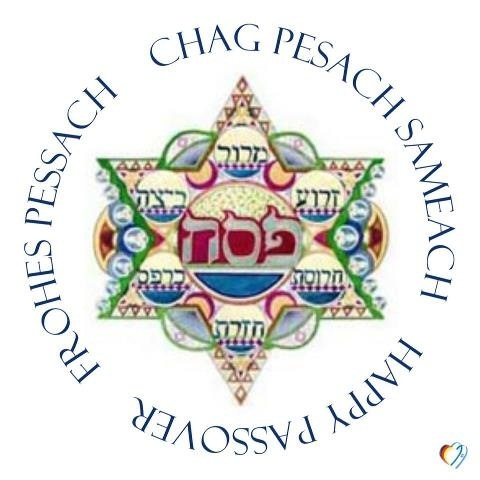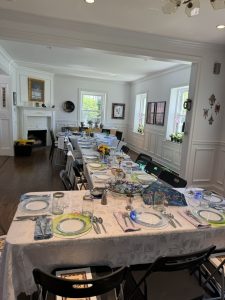Passover asks us hard questions about what it means to be free and what our obligation is to those who are not.
Passover celebrates the redemption of our people from bondage. It is at the center of what it means to be Jewish. But it is a paradox. What does it mean to be free, particularly when our brethren are held hostage under deplorable, cruel conditions when fighting for freedom against an enemy that comes at the cost of innocents caught up in the battles?
As we gather around the Seder table this year, we celebrate. However, our celebration requires us to commit to helping those who are still not free. Break the middle matzah and hide the Afikomen for dessert later. Share the other piece as a symbol of sharing even this meager bread with those who are hungry.
No one is truly free until all are free. Whether we quote Fannie Lou Hammer, Maya Angelou, or our sacred tradition, we still have work to do to help others find their way to freedom.
Chag Pesach Sameach
#BringThemHomeNow





